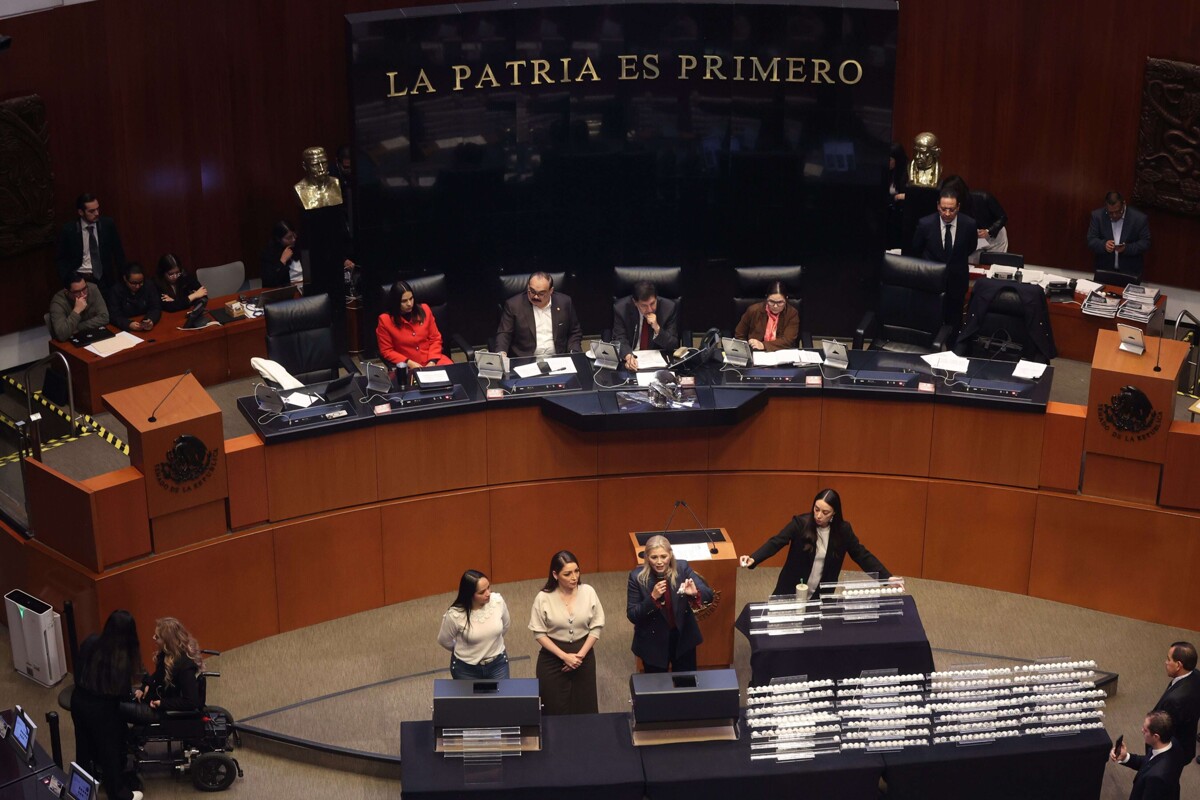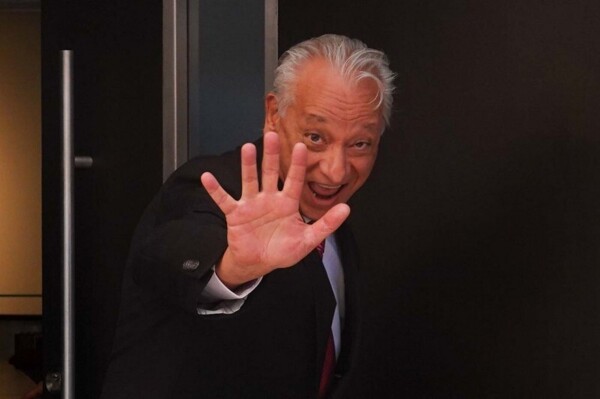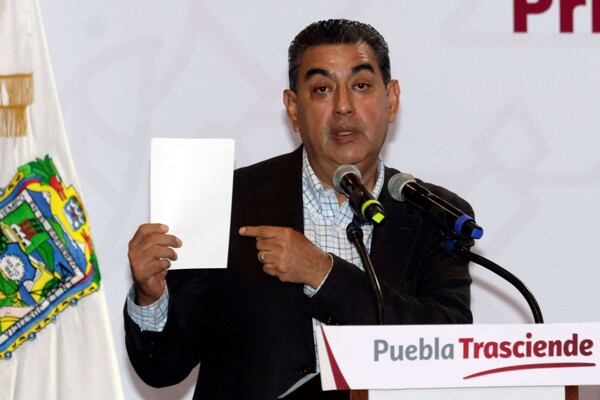
The current amendments to the Constitution eliminate the possibility of the Supreme Court exercising constitutional review. These reforms seek to strengthen the 4T by rewriting the Constitution. They shield this process from morning press conferences, discrediting those who oppose it. The strategy to implement the judicial reform becomes erratic and disdainful, proposing judicial elections that would subordinate the Judiciary to the 4T.
Modifications were added to articles 105 and 107 to prevent challenges to future constitutional reforms. The actions of the parliamentary majorities of Morena, PT, and PVEM generate internal conflicts. The rush to finalize elections for the Federal Judiciary reflects the 4T's need to control all spheres of government.
The initiative for constitutional supremacy will be approved this week in the Chamber of Deputies and in local congresses. The defiant attitude of certain political actors, such as Fernández Noroña, shows the government's firmness in its actions. Despite the historical importance of balancing power, the 4T advances toward a unilateral vision that could have long-term consequences for the country's political and judicial system.














